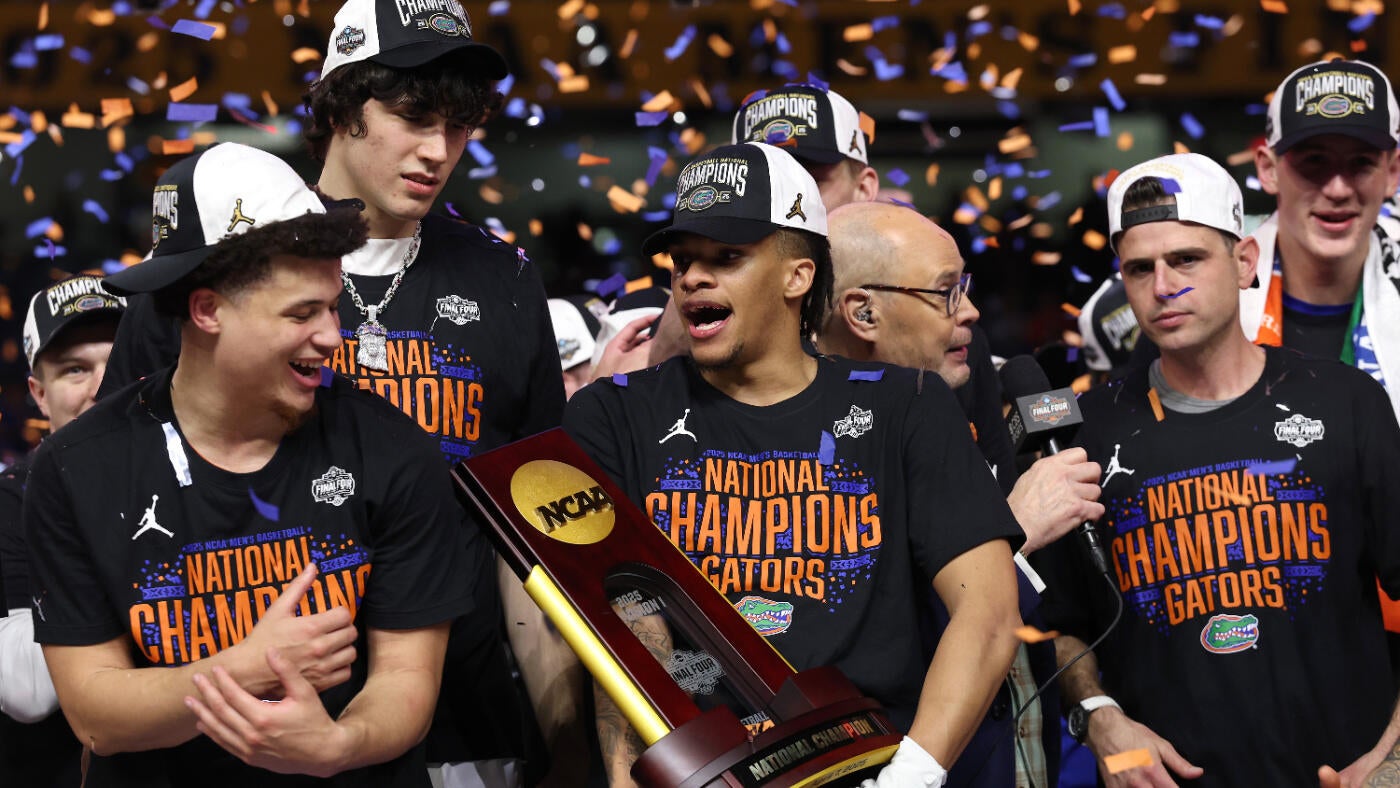Most Black Americans agree — acronyms aren’t essential to advancement. But dismantling diversity, equity and inclusion (DEI) programs cannot sideline Black America from economic opportunity.
Let’s be clear: hiring a Black person is not DEI. And efforts that facilitate Black job seekers’ pathways to prosperity are not necessarily DEI, either.
This is not a choice between DEI and Black economic advancement. Black America, along with smart leaders across industries and political affiliations, understands that a strong economy where Black people thrive is a necessity, not a debate. Without prosperity, social mobility is impossible.
Much like affirmative action before it, DEI had merit at its inception. It was intended to open doors for those historically locked out of pathways to success. But it is undeniable how often the execution — especially in the hands of activists and academics — strayed from its original intent. A framework meant to foster inclusion frequently had the opposite effect.
Efforts to improve representation became politicized, weaponized, divisive and misguided. And in many cases, these missteps did not come from Black Americans but from white progressive elites who turned DEI into a battleground rather than a bridge.
The advocacy organization I lead has spent years working directly in Black communities, and the reality is clear. Black voters are pragmatic, common-sense and focused on core priorities — jobs, affordability, small business growth, public safety, housing and education. This is not a rejection of justice; these issues are justice. Black America does not want handouts or empty symbolism — that is both infantilizing and insulting. What we demand is fairness, respect and the ability to build and participate in a thriving economy on equal footing.
The real work ahead requires moving past polarization and focusing on tangible outcomes. Instead of fixating on DEI’s missteps, leaders should direct energy toward ensuring Black Americans prosper and fully participate in a strong, dynamic economy.
A college degree remains one of the most powerful ladders to prosperity. Historically Black colleges and universities are among the most effective institutions for creating upward mobility. Yet, despite their immense value, they have historically been underfunded. Investing in science, technology, engineering and math programs, infrastructure and scholarships at historically Black colleges and universities is not charity — it is a strategic economic investment. To his credit, President Trump made significant investments in them during his first term, signing bipartisan legislation moving more than $250 million a year across institutions.
The economics are clear: strengthening historically Black colleges and universities means expanding the Black middle class, increasing entrepreneurship, boosting business ownership and homeownership rates and creating a pipeline of skilled professionals who drive economic growth. Now, both the government and private sector must do more to ensure they receive the funding they deserve and forge stronger partnerships to help students transition into careers in growth sectors like tech, finance and manufacturing.
For far too long, historically Black colleges and universities have had to fight for the resources that predominantly white institutions receive as a given. Many of these schools produce a disproportionate number of Black doctors, engineers and business leaders, yet ...








